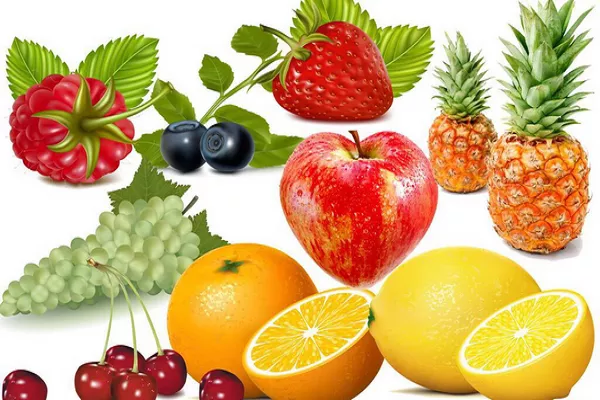When it comes to weight loss, what you eat is just as important as how much you eat. Certain foods can be high in calories, sugar, and unhealthy fats, making them counterproductive to a weight loss plan. Here are some foods to avoid when trying to lose weight:
Sugary Drinks
Sugary drinks like soda, juice, and sports drinks are loaded with empty calories that can quickly add up and contribute to weight gain. These drinks can also cause blood sugar spikes and crashes, leading to increased hunger and cravings.
Instead, opt for water, sparkling water, unsweetened tea, or coffee. If you’re craving something sweet, try infusing your water with fruit or herbs for a natural flavor boost.
Processed Foods
Processed foods like chips, crackers, candy, and packaged snacks are often high in calories, sodium, and unhealthy fats. These foods are typically low in nutrients and can lead to overeating due to their addictive nature.
Instead, choose whole, unprocessed foods like fruits, vegetables, lean proteins, and whole grains. These foods are nutrient-dense and can help keep you feeling full and satisfied.
Fried Foods
Fried foods like french fries, fried chicken, and onion rings are high in unhealthy fats and calories. They can also increase inflammation in the body, which can contribute to a range of health problems.
Instead, choose grilled, baked, or roasted versions of your favorite fried foods. These cooking methods are healthier and can still provide plenty of flavor and texture.
High-Calorie Condiments
Condiments like mayonnaise, ketchup, and ranch dressing can add hundreds of calories to your meals without providing many nutritional benefits. These condiments are often high in sugar, salt, and unhealthy fats, which can contribute to weight gain.
Instead, choose lower-calorie condiments like mustard, salsa, and hot sauce. These options are often lower in calories and can still provide plenty of flavor.
Refined Carbohydrates
Refined carbohydrates like white bread, pasta, and rice are often stripped of their fiber and nutrients, leaving behind empty calories that can contribute to weight gain. These foods can also cause blood sugar spikes and crashes, leading to increased hunger and cravings.
Instead, choose whole grain versions of your favorite carbs. Whole grains are higher in fiber and nutrients and can help keep you feeling full and satisfied.
Alcohol
Alcohol is high in calories and can contribute to weight gain, especially when consumed in excess. Alcohol can also disrupt sleep and lead to poor food choices due to lowered inhibitions.
If you choose to drink alcohol, do so in moderation and opt for lower-calorie options like wine or spirits mixed with soda water or a low-calorie mixer.
High-Sugar Foods
High-sugar foods like candy, baked goods, and sweetened cereal are often high in calories and offer little nutritional value. These foods can cause blood sugar spikes and crashes, leading to increased hunger and cravings.
Instead, choose natural sources of sweetness like fruit or opt for lower-sugar versions of your favorite treats.
In conclusion
What you eat plays a crucial role in weight loss. By avoiding sugary drinks, processed foods, fried foods, high-calorie condiments, refined carbohydrates, alcohol, and high-sugar foods, you can create a calorie deficit and achieve your weight loss goals. Instead, focus on consuming whole, unprocessed foods that are nutrient-dense and can help keep you feeling full and satisfied. With dedication and consistency, anyone can make healthy dietary changes and achieve long-term weight loss success.
Related topics:


